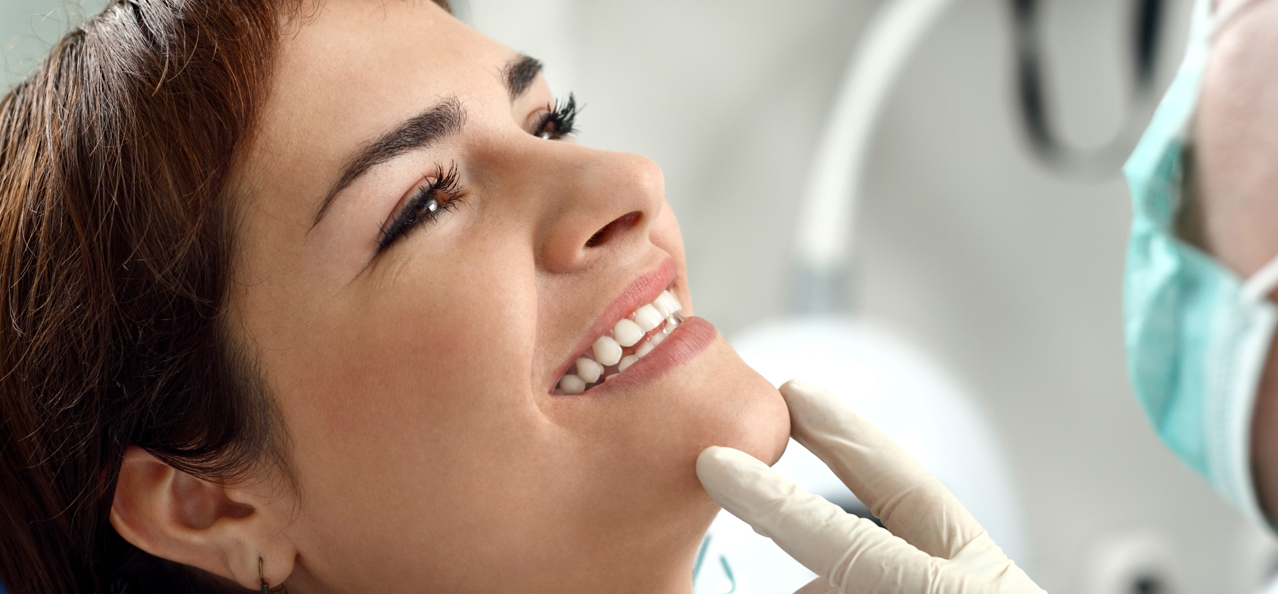By Dr. Rod Kurthy, Founder & Developer of KöR Whitening
It’s a question we often hear from dentists and their patients. People want to know how young is too young to start using whitening trays to whiten their teeth. In short, there is no age-related contraindication to teeth whitening.
However, most dentists are concerned about what issues may arise when whitening at a young age. Let’s take a look at the science behind whitening treatments on young teeth.
From the Horse’s Mouth
Dr. Van Haywood is a Professor in the Department of Oral Rehabilitation, Dental College of Georgia at Augusta University in Augusta, Georgia. In 1989 he co-authored the first university-based publication in the world on Nightguard Vital Bleaching. He has published more scientific research (over 140 publications) regarding teeth whitening than any other researcher in the world.
Dr. Haywood has said, “You can even whiten the teeth of a five-year-old…. But then again, why would you want to?” According to Dr. Haywood, he actually has performed whitening on at least two five-year-old patients, simply to appease Mom and Dad.
The Resiliency of Younger Teeth
Dr. Van Haywood’s studies, along with a multitude of other scientific literature, prove that there is no upper or lower age contraindication for teeth whitening treatments. Many studies also show that younger teeth have less sensitivity issues related to whitening treatments.
Molecular hydrogen peroxide from whitening gel penetrates into the pulp regardless of the patient’s age. Younger pulps with increased pulpal size, blood circulation, and vitality, are able to deal with the transient insult of hydrogen peroxide far better than older, narrower, more fibrous, less vascular and less vital pulps.
All tissues of the body, including pulp tissue, have the natural defense of antioxidant enzymes including Catalase. These antioxidant enzymes protect the pulp by forcing the immediate breakdown of hydrogen peroxide to only water and molecular oxygen (O2). This prevents hydrogen peroxide from breaking down to damaging free radicals. If you want to learn more about this mechanism, click here.

The Ideal Age to Whiten
Dentists have found that young teeth, for example between the ages of 14 and 16, whiten extremely well and extremely fast. On the other hand, many dentists have found that whitening the dark teeth of a geriatric patient can be like beating your head against the wall.
Given that, most often, at age 14 the permanent teeth have erupted into the mouth; and given that the younger teeth are, the better they whiten, age 14 is now considered the most ideal age to whiten.
I was the first to publicly advise age 14 as the ideal age to whiten and even published that in the KöR Patient Brochures in 2007. Since that time, most whitening companies have followed suit and now also advise age 14 as the most ideal.
Some dentists also have concern that, between the ages of 14 and 18, the teeth erupt further, and they may then see darker areas exposed in the cervical. This is not the case. Peroxide bleaching factors penetrate enamel and move in all directions within the enamel, including laterally in enamel under the gingival tissues. Thus, when the teeth erupt further, the cervical structure exposed has already been whitened.
What About Younger Children?
Whitening prior to the age of 14 typically involves whitening of a mixed dentition. This is problematic in that as the dentition transitions to a permanent dentition, additional whitening trays must be fabricated. Also, patients younger than age 14 require far more parental supervision with at-home whitening.
However, there are numerous published case studies about children who benefitted from teeth whitening. These cases typically involve situations where the young patient is concerned about a significant cosmetic coloration problem – often with teasing by their peers.
In cases like this, it is imperative to treat the young patient to prevent permanent psychological scars. It has been shown that peer pressure via teasing, etc., often results in lifelong psychological problems, with the most common being eating disorders.
My Own Children
My daughter asked me to whiten her teeth at age 14. She is now 32. Many of you have seen photos of my daughter. For several years, she was our model for KöR Whitening brochures and posters. None of those photos were retouched. At the age of 32, her teeth are exactly the same color as they were immediately after whitening at age 14.
My son is now 34. When he was only 11 years-old, he told me his friends at school were asking why his teeth were so dark. I asked if he was being teased. He said no, his friends were just curious. I explained that I had also had congenitally dark teeth and that he got that trait from me.
Even though he was not being teased, he was self-conscious. I fabricated whitening trays and had him sleep with the trays for about three nights. That was all it took to lighten the teeth significantly at age 11. As he grew, I continued making new whitening trays for him to wear for 2-3 nights until his permanent teeth had erupted.
To learn more about teeth whitening at any age, contact KöR Whitening or browse our science papers for information about our whitening products and treatments.


